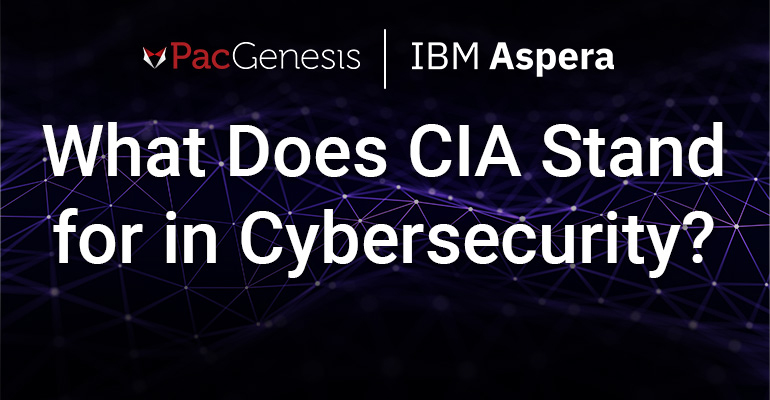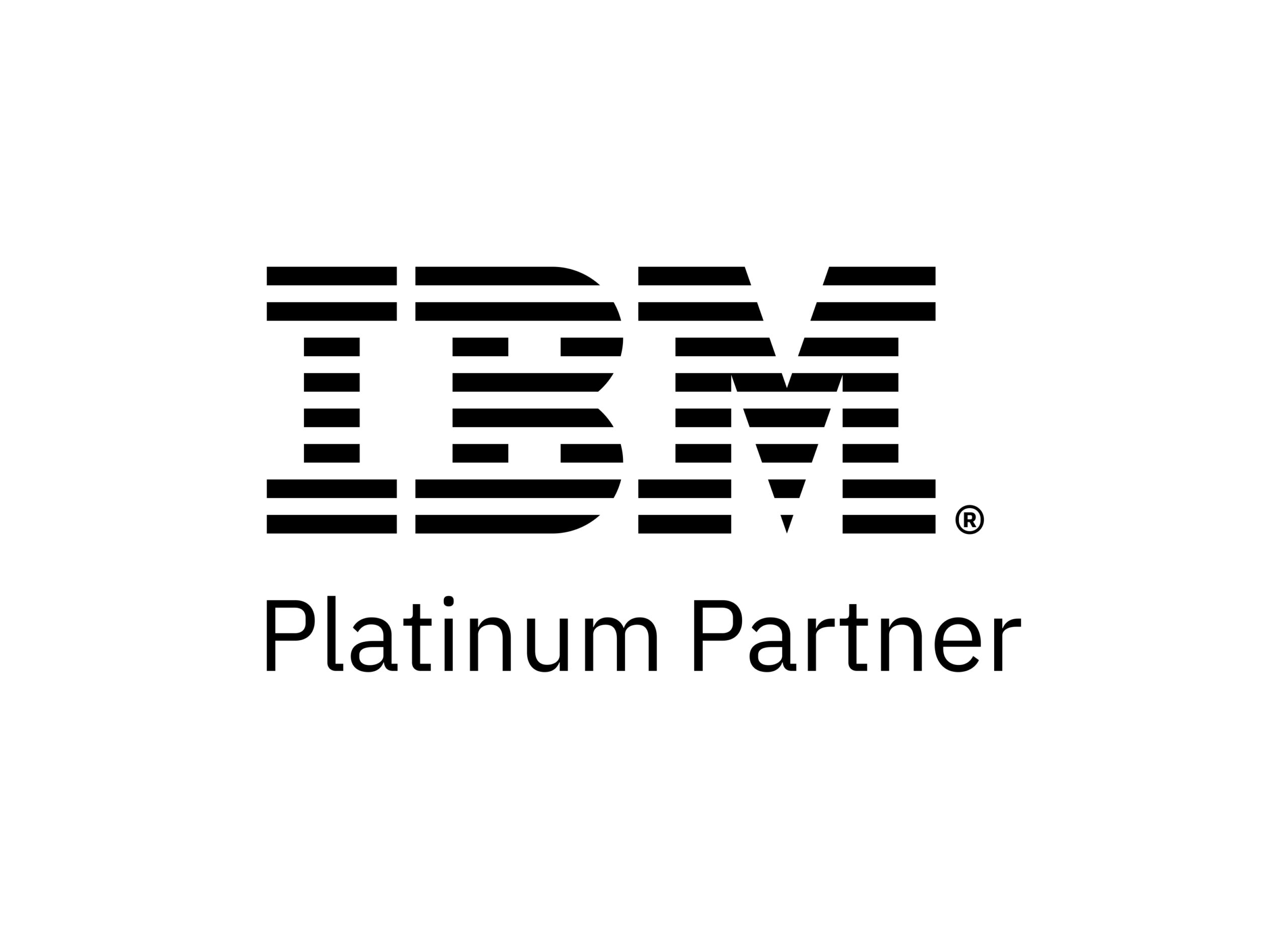What Does CIA Stand For in Cybersecurity?

What Does CIA Stand For in Cybersecurity?
In the vast world of cybersecurity, several concepts and frameworks play an important role in protecting sensitive information. One concept is CIA, which stands for Confidentiality, Integrity, and Availability. These three pillars form the foundation of cybersecurity practices and strategies employed by organizations worldwide. In this blog post, we will delve into each component of CIA, exploring their significance and how they contribute to safeguarding digital assets.
Sections
Pillar 1: Confidentiality
Confidentiality is a fundamental aspect of cybersecurity that focuses on preventing unauthorized access to sensitive information. In an increasingly interconnected world, data breaches and leaks have become a common threat, making confidentiality a paramount concern. This pillar encompasses various strategies and technologies designed to ensure that information remains private and accessible only to authorized individuals or entities.
To achieve confidentiality, organizations employ encryption techniques, access controls, and secure communication channels. Encryption transforms data into an unreadable format, making it indecipherable to unauthorized individuals who might intercept it. Access controls, such as user authentication mechanisms and role-based permissions, limit data access to authorized personnel only. Secure communication channels, like Virtual Private Networks (VPNs) and secure protocols, protect data transmission from eavesdropping or tampering.
Maintaining confidentiality is essential in industries such as healthcare, finance, and government, where the exposure of sensitive data could have severe consequences. By implementing robust confidentiality measures, organizations can build trust with their customers and stakeholders, knowing that their information is well-guarded.
Pillar 2: Integrity
Integrity focuses on ensuring the accuracy, consistency, and trustworthiness of data throughout its lifecycle. It involves preventing unauthorized modification, deletion, or corruption of information, guaranteeing its reliability and authenticity. Maintaining data integrity is critical in cybersecurity, as any tampering or alteration can compromise the trustworthiness of systems and undermine decision-making processes.
To ensure integrity, organizations implement various measures, such as data validation mechanisms, checksums, and digital signatures. Data validation checks incoming data for errors or anomalies, protecting against malicious manipulation. Checksums are mathematical algorithms that verify the integrity of data by comparing calculated values with original ones. Digital signatures use cryptographic techniques to verify the authenticity and integrity of digital documents or messages.
By upholding data integrity, organizations can rely on accurate information for critical operations, including financial transactions, legal documentation, and system configurations. Any compromise in integrity can lead to severe consequences, such as financial loss, legal disputes, or reputational damage.
Pillar 3: Availability
Availability refers to the accessibility and continuous operation of information systems, networks, and services. In the realm of cybersecurity, ensuring the availability of resources is crucial to avoid disruptions and downtime that can result from various threats, including cyberattacks, hardware failures, or natural disasters.
To guarantee availability, organizations employ measures like redundancy, fault tolerance, and disaster recovery plans. Redundancy involves duplicating critical components or systems, providing backup resources that can seamlessly take over in case of failure. Fault-tolerant systems are designed to continue functioning even if certain components fail, minimizing the impact on overall operations. Disaster recovery plans outline procedures for restoring systems and data in the event of a catastrophic event, ensuring a swift recovery and minimal downtime.
Maintaining availability is crucial in industries where uninterrupted access to services is essential, such as e-commerce, healthcare, and emergency response. By investing in robust availability strategies, organizations can mitigate the risks associated with service disruptions, protecting their reputation and maintaining customer satisfaction.
Establish a Strong Cybersecurity Foundation
By implementing effective measures in each area of CIA, organizations can establish a strong cybersecurity foundation and safeguard their digital assets against a wide range of threats. At PacGenesis, we partner with well-known, leading cybersecurity organizations that help you safeguard information, ensure trustworthiness, and guarantee uninterrupted access to systems and services. We meet with you and your team to analyze the needs of your business, and based on our conversation and research, we help you find the best solution. Contact us today to learn more about how we can help you and your company.
To learn more about PacGenesis, follow @PacGenesis on Facebook, Twitter, and LinkedIn or visit pacgenesis.com.



